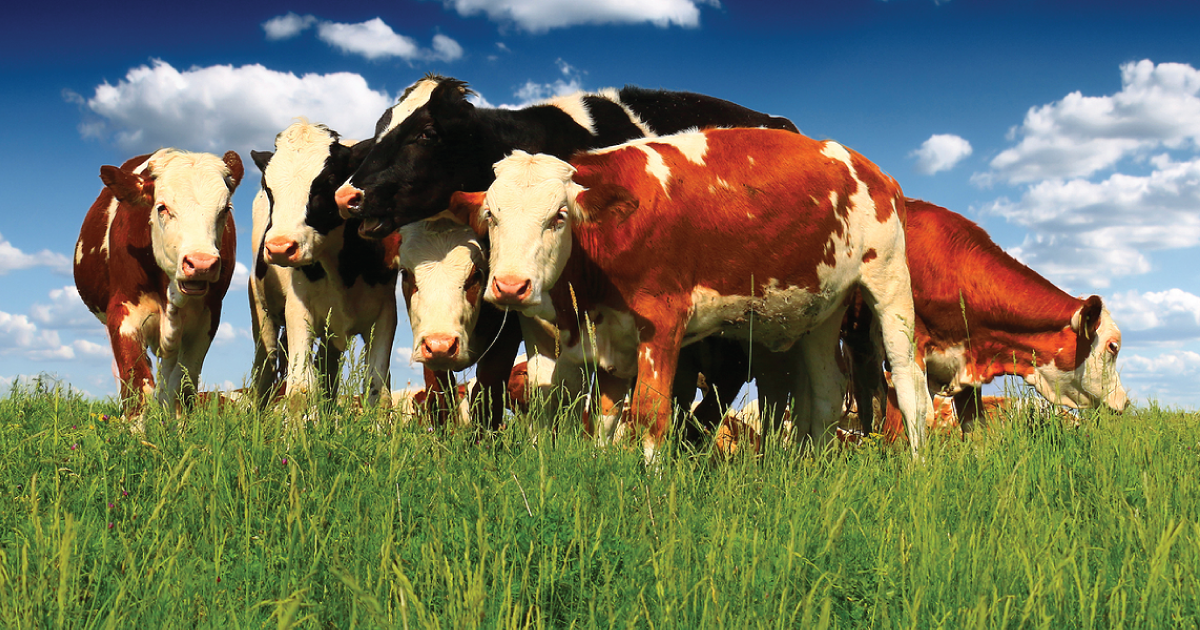
Consumers Hold the Key to Building a Better Meat System
All it’s taken to expose the precarious state of our modern industrial meat supply is a tiny bit of infectious genetic material wrapped in a protein coat. The coronavirus pandemic has shone a not-so-friendly light on the inhumane ways both animals and people are treated in a system dominated by four major companies: Tyson, JBS, Cargill and National Beef.
July 10, 2020 | Source: Edible Communities | by Marilyn Nobel
All it’s taken to expose the precarious state of our modern industrial meat supply is a tiny bit of infectious genetic material wrapped in a protein coat.
The coronavirus pandemic has shone a not-so-friendly light on the inhumane ways both animals and people are treated in a system dominated by four major companies: Tyson, JBS, Cargill and National Beef.
Over the past 40 years, as the meat packing industry has consolidated in the name of scale, efficiency and profits—and while consumers have been the beneficiaries of cheap meat—producers, rural communities, slaughterhouse workers and the environment have all paid a steep price.
As the virus rampaged through enormous packing plants in the Midwest, sickening thousands of mostly immigrant workers and, as of June, killing more than a hundred, the packers slowed production and claimed a meat shortage was imminent, sending meat prices soaring and panicked consumers to clean out grocery store meat cases.
